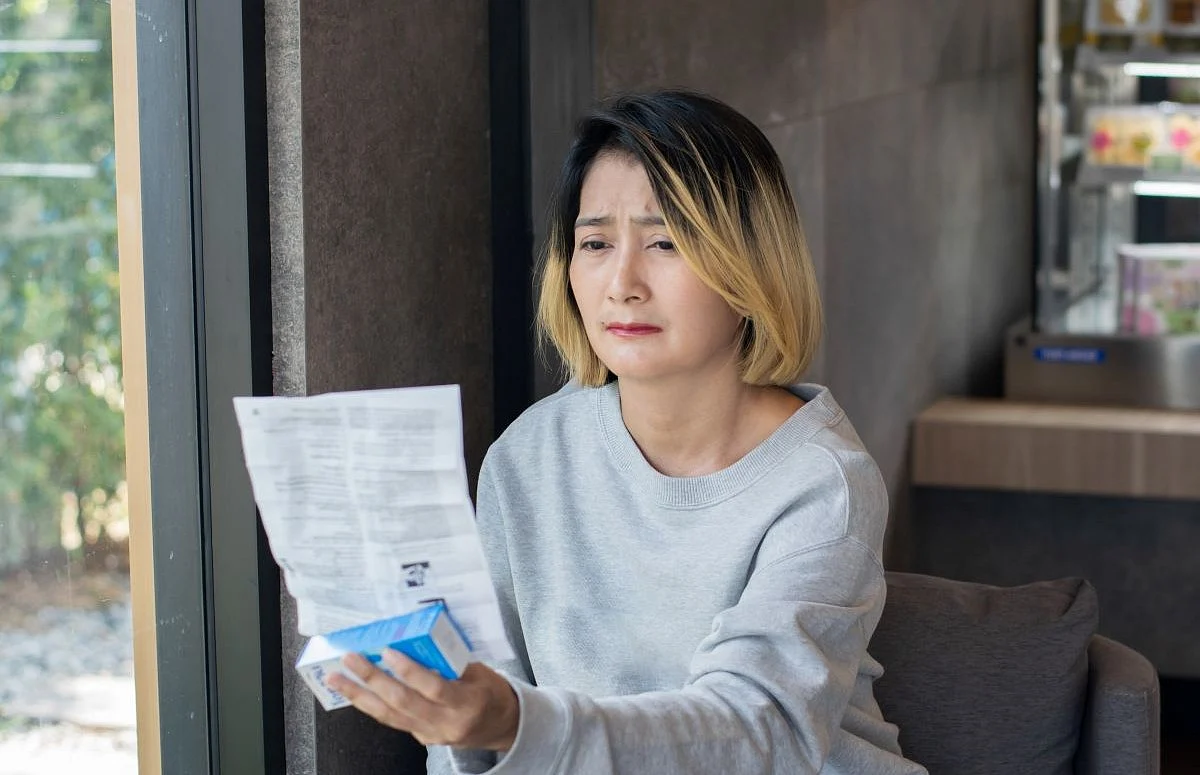Manténgase sano!

- Ernie Mundell
- Posted July 31, 2025
Women Less Likely to Get MS Meds Than Men
Women are less likely than men to receive multiple sclerosis (MS) meds that could help them manage the disease and delay disability, a new report finds.
It could be that some women in their childbearing years are hesitant to use certain drugs in and around pregnancy, but the researchers noted that gender gaps in treatment persisted even for drugs that have proven to be safe during pregnancy.
The findings could have implications for the health of women battling the autoimmune disorder, said study lead author Dr. Sandra Vukusic of the University of Lyon in France.
“When used early, MS drugs can delay the burden of the disease, so women who are not treated could have worse outcomes in the long term and an increased risk of long-term disability,” she said in a news release.
Vukisic said keeping female MS patients away from medications “is not acceptable anymore, as there are drugs that are compatible with pregnancy or can continue to fight the disease long after people stop them when they are trying to conceive.”
The findings were published July 30 in Neurology.
In the study, the team tracked 27 years’ worth of health records for French people with relapsing-remitting MS, the most common form of the illness.
People were diagnosed between the ages of 18 and 40, and about 17,000 women and 5,800 men were included in the study. Their use of various MS meds was tracked for an average of 12 years.
After adjusting for disease severity (women tend to have more "active" MS), or use during pregnancy and postpartum periods (during which certain therapies may be interrupted), Vukusic’s team still found women to be 8% less likely than men to get disease-modifying medications that could help them.
That gap rose to 20% when the team focused on newer MS meds that are more effective in preventing MS flare-ups, the researchers said.
Why is this treatment disparity persisting?
“Anticipation of pregnancy was probably an important factor in this difference between women and men with MS, but there could also be a reluctance to use these treatments when they may actually be the best way to manage the disease and delay disability,” Vukusic said in a journal news release.
“Another factor could be that new data continues to be collected on the safety of newer MS drugs, so more work is needed to communicate those findings to people with MS and their doctors,” she concluded.
More information
There’s more on treating multiple sclerosis at the National Multiple Sclerosis Society.
SOURCE: Neurology, news release, July 30, 2025






